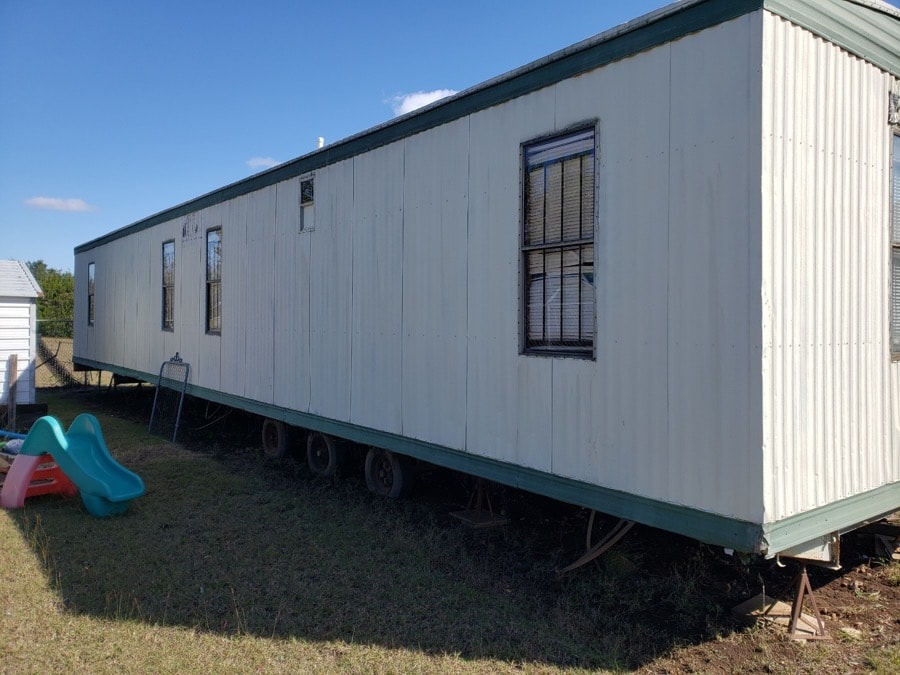Mobile housing is an affordable housing option for a lot of people in the U.S. — 22 million of them to be exact. Most of these people decide to plant their homes in mobile home parks.
These residents, however, being the least protected housing group in America, have to live in fear of the day the park owner decides to shut down the park. The older the mobile home, the worse this gets.
A mobile home is an investment but you could lose this if your park closes down or is repurposed. Plus, there’s a little chance of another mobile home park within a reasonable distance having a vacant spot.
To counteract this danger, the government has adopted the Mobile Home Residency Law, Civil Code Section 798. This law protects mobile home park tenants from eviction with some strict exceptions.
However, mobile home residents are still at risk in any housing market. For example, parks are being bought up by private equity groups who drive up the rent and introduce a greater risk of eviction.
Let’s find out why this happens and what you can do in such a situation to ensure your shelter is protected.
Why Do Mobile Home Park Owners Want to Close the Parks?
Exploring the perspective of the mobile home park owners, here are some reasons they could decide to wrap things up for mobile home tenants on their land:
- One reason park owners might want to close down is because they want to convert the land. Conversion here refers to using the land for a different purpose. In this case, converting from leasing space to mobile home residents. This can affect only a part of the land or the whole.
- Maybe the owner wants to start afresh with brand-new mobile homes, thereby increasing the value of their park. That way, they will be eligible for better financing options and attract high-paying hedge fund buyers.
- The rising land prices make mobile home park land an attractive investment. Since cities are expanding and may want to use the land for other purposes, park owners may be incentivized by appreciated land prices to evict mobile homeowners who will have to relocate to the suburbs or rural areas.
- The park owner might want to sell the park. As we mentioned earlier, land is a great investment because housing expenses are higher. This isn’t conducive for tenants that can’t afford rent hikes. Also, if you decide to transition to a new owner, they usually increase the lot rent for the first few years after they open the business.
Mobile home park residents frequently face the risk of having the ground pulled out from under them. Land changes ownership all the time and is subject to swift decisions. Your mobile home park owner is human and can decide to sell out anytime and without prior notice to residents.
That’s not what any park resident wants to hear. A stable living environment for long-term investment is preferable. No one wants to have to move out after living in a park for several years.
Not to mention, the cost of moving a mobile home can be prohibitive. If you decide to go another path, you can consider donating your mobile home. You can get Banyan's professional team that's fully insured, bonded, and licensed to help you have a smooth donation process for free.
Rights of Mobile Homeowners During Mobile Home Park Closure
When you hear that your landlord is closing the park, you must know what you’re entitled to as a tenant. Mobile homeowners might be the least protected housing group in the States, but laws still exist to serve and protect you.
What you’re entitled to as a mobile homeowner is different from what apartment or house tenants have. As Tobener Ravenscroft puts it,
“Mobile home park tenant rights are unique from rights that tenants have when they rent an apartment or a house. Tenants of mobile home parks own their homes but rent the space or pad their home is located on. Park residents are often senior citizens, persons on fixed income, and persons of low or moderate income. The vulnerable nature of its residents coupled with the difficulty and expense in having to move the home from the park creates a disparity of power between park owners and mobile home park tenants. Therefore, it is important that park tenants fully understand their rights with regards to rent increases, evictions, park maintenance, and more.”
However, even though your rights as a mobile homeowner are regulated by the government, there are still some issues. One is that you lack the depth of protection other renters have.
In all states in the U.S., apartment and house tenants are owed notice for rent increases and evictions for some period before the fact, among other things. In many states, mobile homeowners don’t have these legal protections.
In an ideal world, if the mobile home park owner wants to close the park, they’d need to:
- Fill in an RIR (Relocation Impact Report)
- Provide written notice to the tenants
Whether the park is being repurposed, sold, or closed down permanently, you have the right to be notified in advance. How much in advance depends on the state, but it’s usually 6 months. Confirm this from your state, and make sure all parties involved are following the law.
There are other rights you’re also entitled to. Let’s make short work of them:
- The right to relocation assistance: After notice from the park owner, you’re entitled to receive assistance in moving out of the park. This usually includes monetary compensation.
- Right to fair treatment: For instance, the landlord can’t increase the rent until the park is closed.
- Right to fair compensation if you can’t move your mobile home.
- Right to challenge your relocation benefits or package: In some states, like Oregon, tenants are eligible for a refundable tax credit of $5000.
Some states can have the landowner provide notice, pay the evicted mobile home residents a small amount of money for relocation, or even offer residents a chance to purchase the land their home sits on, but they’re mostly the exceptions. California is one such exception.
In California, landowners have to provide the residents with a notice at least one year in advance of the closure, as well as financial aid with relocation.
However, such measures do not prevent parks from shutting down. According to the Department of Housing and Community Development (HCD), about 4,800 mobile home lots were closed in California between 1995 and 2014, and many of them were in Los Angeles, Orange, and Alameda counties.
The Solutions: What to Do When Your Mobile Home Park is Closing
No matter the reason the mobile home park is closing, it’s not a pleasant situation but solutions exist. You can choose to:
- Donate your mobile home so you don’t have to bother with relocation, sale, or demolition (and earn tax write-off in the process)
- Turn to local protections. Some communities require park owners to get a permit before closing the park. Tenants will get notified days before owners can get a hearing for this permit and tenants can challenge the closure during the hearing. Then, if the owner is awarded the permit, you will be entitled to a two years’ advance notice before closure.
- Use state law protections. Learn about your rights, as we’ve described above, and exercise them. There are comprehensive laws that protect park residents including enforcing notice requirements for up to 2 years before mobile home park closure and preventing closure for 5 years after the park owner sold you a mobile home.
- Buy the park. The right of first refusal gives tenant organizations the first right to buy or lease their mobile home park if the owner is interested.
If you have reason to suspect unlawful procedure, get a lawyer for guidance or resolve the matter in court. It’s an exhausting and costly process, though. Thankfully, new laws are being passed every year, so here’s to better protections for mobile home park tenants.
U.S. Rep. Cindy Axne has taken a solid step forward by introducing two proposals. They will make it more necessary for park owners to prove good cause for evictions, mandate grace periods for late payments, and demand more notice for rent hikes. It will also offer grants to resident cooperatives for the purchase of local mobile home parks.
Conclusion
Mobile home parks closing down have been a common issue, and they’re only getting worse nowadays. It’s creating a lot of stress, affecting people’s lives, and causing people to lose their shelter. That’s why organizations exist that can help you if you need to leave your park. The law is on your side, and you have rights you can exercise.
If the whole matter makes you want to get rid of the mobile home and move on, a very convenient option is to donate it. You stand to gain a lot if you do, and we can help you make sure your home gets to the right person.
Banyan Mobile Home Removal is a non-profit that can help you move your mobile home out of the park for free when you donate it. All you have to do is contact us.


